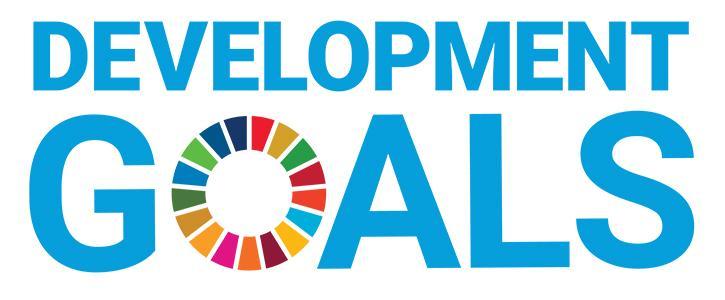In This Section
- Home
- The School
- Study
- Allocations Information
- FAQ
- Research and Innovation
- Research Awards and Bursaries
- Research Impact Reports
- Research Conferences
- Research Clusters
- Maternity, Families and Primary Care
- Ageing Integrated Research
- Enhancing Cancer Awareness & Survivorship Programmes (ECASP)
- Centre for Safer Staffing and Healthcare Systems Research (The CATALYST Centre)
- J.U.S.T.I.C.E in Healthcare: Just, Universal, Sustainable, Trusted, Inclusive, Caring, & Ethical healthcare in life and death
- Mental Health and Wellbeing for the 21st Century: People, Organisations, and Places
- Phd and MSc Research
- Current Students
- Conferences & Events
What do we mean when we talk about sustainability in healthcare?

A recent publication from the Lancet Countdown on health and climate change identified that the climate crisis was the biggest public health threat of the 21st Century.
Water-borne diseases, poorer air quality, and rising sea levels, all of these are going to have an impact for healthcare and as health professionals we need to be prepared. Nurses and midwives have an important role to play. Not only are we the biggest group of health professionals in the country, but research tells us that nurses are very trusted, that the public place a lot of trust in us so we have to be a part of the message around climate change. We need to be advocates and do what we can in terms of lobbying policy makers, making our hospitals and healthcare more environmentally friendly.
There are so many challenges. We need to look at massively reducing our carbon emissions, how we treat our waste, how we use gases like anaesthetic gases in the healthcare sector, the vehicles we use, the supplies we use, the materials we use, and how we travel to hospitals. Simple things like when we give medicines in hospitals using little paper pots instead of plastic pots.
There is a lot of work to do in terms of changing practices. We need to look at preparing patients who are at higher risk, for example, patients with respiratory problems are going to be in greater trouble and elderly people in high heat environments are at higher risk. To be prepared for this we need to get climate action into healthcare, embedding sustainability and the UN sustainable development goals into our nursing and other healthcare professionals’ curriculum. I would like to see firm agreement and collaboration between the healthcare sector and universities on sustainability education and on reducing emissions in healthcare.
There is some great work going on locally, for example, in the South Infirmary Victoria University Hospital in Cork they are working towards a green flag campus, are doing great work around their waste and recycling, and have been involved in a recent innovation using bio-degradable aprons for their PPE. I would like to see more of this and sustainability embedded across the curriculum of healthcare professionals particularly nurses and midwives.
It's important that nurses and midwives do not feel that working towards sustainable healthcare is yet another add-on to their very busy workload. Healthcare is a very challenging place in which to work right now. Our biggest challenge in nursing is staffing and keeping people interested in careers in healthcare. Recent figures from the CAO applications are concerning. The number of students who applied for medicine as a first-choice subject last year was down by 11% and nursing was down by about 10% as a first choice preference for school-leavers. That is a major issue especially when there is a world-wide shortage of nurses and midwives, a shortage that has been described as the greatest threat to global health.
The School of Nursing and Midwifery is hosting a pre-conference World Café event on Thursday 30 March where we will be gathering to discuss how best to embed sustainability in nursing and midwifery education. I am privileged to be currently on research sabbatical leave to allow be to undertake research into the area of sustainability and nursing education. Dr Angela Flynn Dr Flynn is assisting Dr Sile Creedon and Dr Rachel Linehan to organise the School of Nursing and Midwifery’s Annual Research Conference on Friday, 31 March ‘Nurses & Midwives: Impacting on a Healthy & Sustainability Future’. Follow us on Twitter @uccnursmid #UCCNursMid23
School of Nursing and Midwifery
Scoil an Altranais agus an Chnáimhseachais
Contact us
Brookfield Health Sciences Complex College Road Cork, Ireland , T12 AK54
